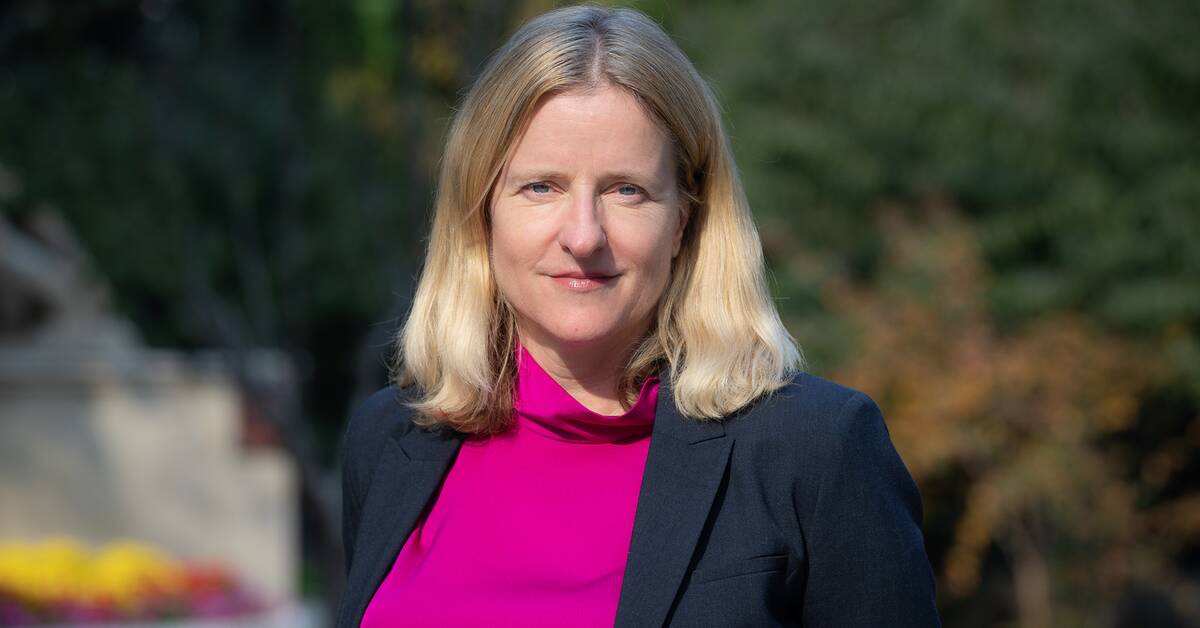- Gota Go, Gota Go, the protesters shout outside the old parliament in Colombo, referring to incumbent President Gotabaya Rajapaksa who they believe must resign.
What began as a minor protest against the high fuel prices and the many and long power outages has grown into a larger political movement that demands change.
The acute crisis is due to a shortage of foreign currency.
The Sri Lankan government has continuously spent more money than has come into the treasury.
For every new crisis, they have nibbled on the state's reserves and now there is no more money in the coffers.
Depending on tourism
The crises have come one after the other for Sri Lanka in recent years and the country's major source of income, tourism, has almost come to a standstill.
First, there were several bloody terrorist attacks on Christian churches and luxury hotels in Colombo three years ago when 250 people were killed in a series of bombings.
When it was just beginning to recover after that, the corona pandemic hit the whole world and all travel stopped from one day to the next.
Colonial exports
In addition to tourism, exports consist of basic goods such as textiles, tea and rubber.
Most of the technology, drugs and energy have to be imported.
These are all goods that have recently become significantly more expensive, not least due to the war in Ukraine.
At the same time, the government has implemented a number of costly reforms such as tax cuts to support the poor.
Reforms to guarantee them votes, say critics, who say Sri Lanka can no longer afford to distribute everything for free.
The opposition believes that the crisis, which is the worst in decades, must be explained by decades of mismanaged economics.
The great powers are assisting
To alleviate the crisis for the neighboring country, India has delivered diesel as a loan of SEK 4.5 billion and an additional SEK 9 billion in an emergency emergency loan.
China, in turn, lends around SEK 45 billion to the island nation to deal with the situation that has arisen.
The two great powers are keen to have good relations with Sri Lanka, which is centrally located in the trade routes.
New leaders do not change anything
But just changing the heads of the country's leadership that the protesters are demanding does not change anything, says Jason, a man I come across outside the old parliament.
He thinks that the country needs more than the emergency loans that have been given and the support loans the governor is in Washington to negotiate.
-We need money urgently, of course it is, he says, but we also need someone to help us handle the money, otherwise the risk is that they disappear in corruption and bad investments that do not bring the country out of the crisis.
In the coming days, Sri Lanka's fate may be decided as the interest rates on several of the country's large foreign loans are to be paid.
The treasury is rattling empty and the bankrupt is waiting around the corner.

